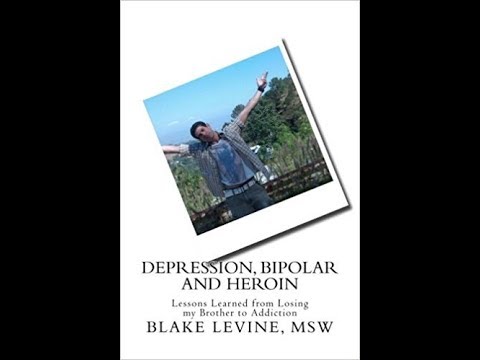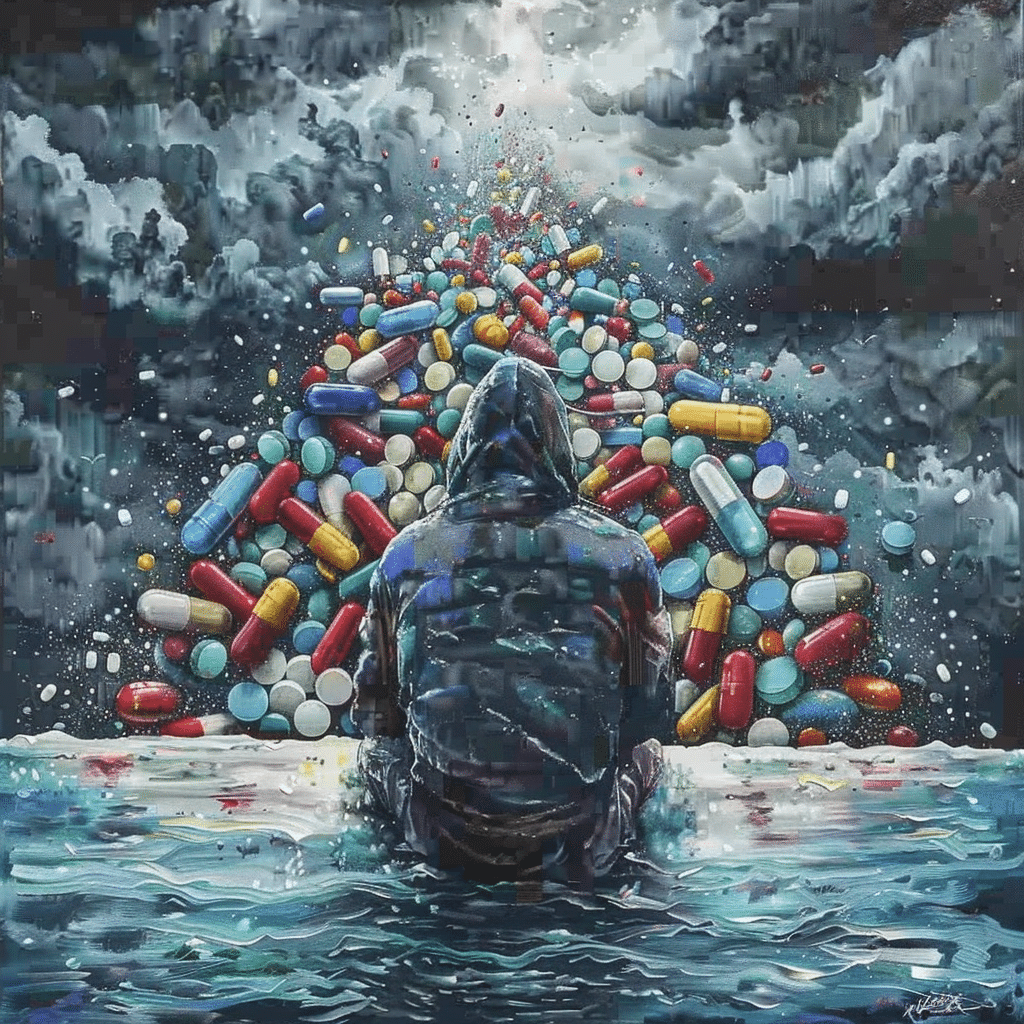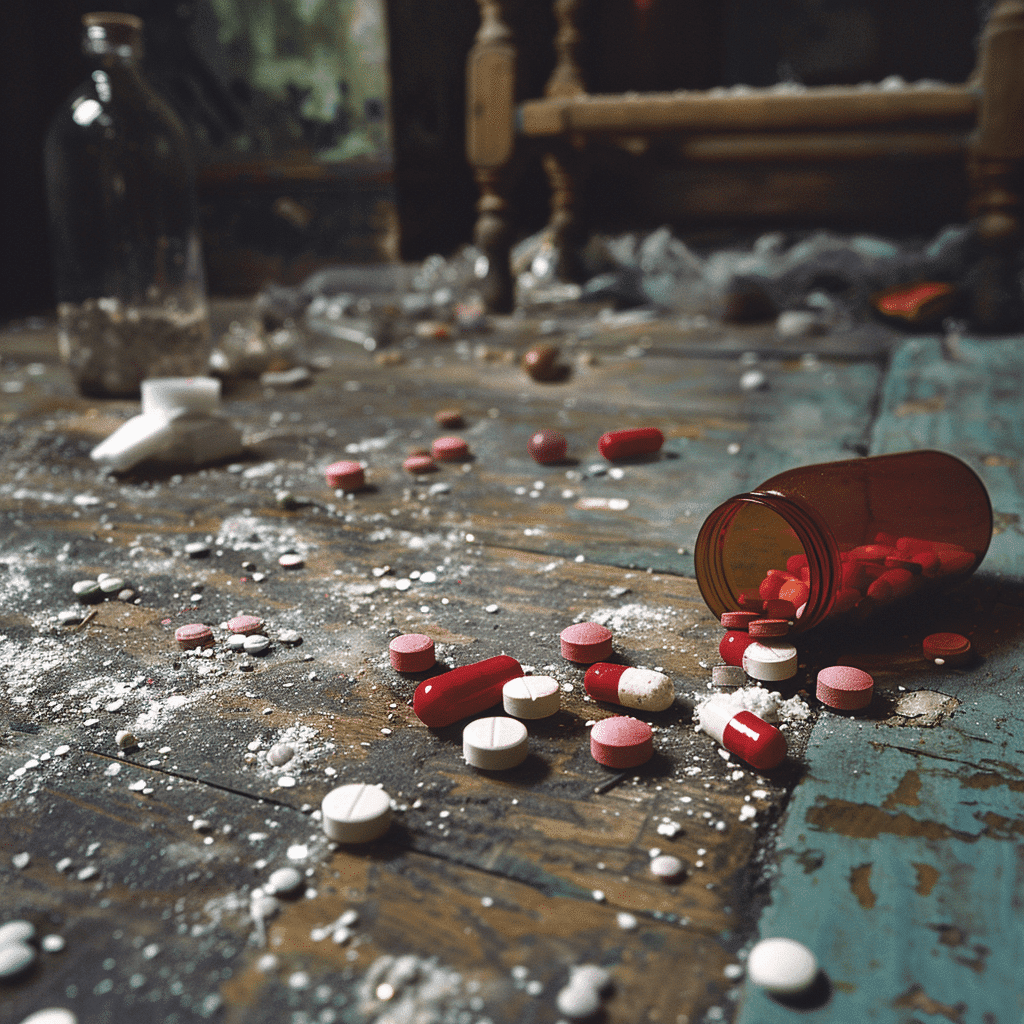In the midst of our bustling and often unpredictable lives, the stark realities of drug addiction can seem like a distant concern—until they land on our doorstep. For countless families grappling with the consequences of heroin abuse, the question “is heroin a depressant?” becomes more than a pharmacological inquiry; it is a desperate search for understanding the force that has disrupted their lives. MothersAgainstAddiction.org stands as a beacon of hope and a resource for parents facing the heart-wrenching challenges of addiction.
Unveiling the Mystery: Is Heroin a Depressant?
Understanding Drug Classifications and Heroin’s Qualities
First things first, let’s get our heads around the basics. In the grand scheme of things, drugs are typically pigeonholed into three main categories: depressants, stimulants, and hallucinogens. Each group has distinct effects on our ‘ol noggin and body. Now, where does heroin fall in this lineup? Well, despite what any street-wise talk might suggest, heroin is, indeed, a depressant.
Heroin comes from morphine, which is derived from the poppy plant’s seed pod. This sneaky little substance cozies up to the brain’s opioid receptors like a moth to a flame, creating a surge of pleasure—a sensation often mistaken as stimulating. But don’t let that fool you; it’s a depressant through and through because of the way it slows down the body’s vitals.

The Physiological Impact of Heroin on the Brain and Body
Once heroin’s warm embrace hits the neurological dancefloor, the interplay with neurotransmitters such as dopamine is nothing short of a narcotic waltz. The brain, tricked into a false paradise, releases these feel-good chemicals, and the addiction begins to rear its ugly head.
But the true depressant nature of heroin becomes apparent when we dig a little deeper. Besides messing with the happy juice in our brains, heroin puts the brakes on the respiratory and central nervous systems. We’re talking ‘slow-motion’ on some pretty critical body functions here, folks.

| Aspect | Details |
| Classification | Depressant |
| Primary Effects | – Reduces the overall level of brain activity – Creates feelings of euphoria – Induces drowsiness and lethargy |
| Medical Use | Heroin itself has no legal medical use in the United States; however, its chemical cousin, morphine, is used for severe pain management. |
| Legal Status | Schedule I controlled substance (illegal to produce, distribute, or possess) in the United States under the Controlled Substances Act |
| Common Routes of Administration | – Intravenous injection – Snorting – Smoking |
| Physical Effects | – Slowed breathing and heart rate – Drowsiness – Slowed cognitive function – Nausea and vomiting – Reduced pain sensation |
| Mental/Emotional Effects | – Impaired judgment – Anxiety suppression – Sense of wellbeing and detachment from emotional or physical pain |
| Risk of Abuse and Dependence | High; heroin is highly addictive both physically and psychologically |
| Short-term Risks | – Overdose – Respiratory failure – Coma – Infectious diseases (e.g., HIV, Hepatitis) from needle sharing |
| Long-term Effects | – Chronic health issues (liver, heart, lung diseases) – Cognitive impairment – Mental health issues such as depression and anxiety – Social and financial problems |
| Withdrawal Symptoms | – Severe pain – Insomnia – Diarrhea and vomiting – Cold flashes with goosebumps (aka “cold turkey”) – Muscle spasms and bone pains |
| Price | Not applicable as the substance is illegal and varies by region and purity |
| Benefits | No benefits as it is an illegal and dangerous substance; use is associated with severe health, legal, and social consequences |
Heroin vs. Other Substances: Is Heroin a Stimulant?
Let’s stack heroin up against some of the big names in the stimulant department, say, cocaine. The latter is all about the rush, the zip, the let’s-paint-the-town-red pep. Heroin, on the other hand, might kick off the party with a bit of a whoop, but don’t be duped by its initial bout of euphoria. It’s like comparing a wrecking ball to a speedboat — one gives you a kick, and the other, well, it wrecks you… slowly.

7 Shocking Facts About Heroin’s Status as a Depressant
Fact 1: How Heroin Masks Its Depressant Nature Through Initial Highs
Heroin is like that two-faced friend at a party—starts off all fun and games, lifting users into a state of blissful energy. But don’t take your eyes off it. After the high plateaus, users begin to experience a shift. It’s like the after-party nobody wanted—an overwhelming desire to just slow down, sleep, and sometimes, in the worst-case scenario, slow down to a full stop.
Fact 2: The Paradox of Heroin Relaxation and Subsequent Dangers
People often chase the chill-out vibe heroin provides, but what’s lurking in the shadows is a beast called overdose. Folks might not realize how thin the line is between ‘just right’ and ‘too much.Heroin overdose Symptoms are no joke—the sedation can go from zero to a hundred real quick, compromising breathing and sometimes leading to a tragic finale.
Fact 3: Heroin’s Role in Slowing Down Vital Body Functions
We’re not just talking about a bit of drowsiness here. In the horror show of an overdose, the body’s control center throws its hands up in the air. We’re seeing respiratory failure, coma, and even death. It’s not for the faint of heart, and it’s nothing short of a sad, sorrow-filled roller coaster for families watching their loved ones plummet.
Fact 4: The Overlooked Risk of Polydrug Use with Alcohol
Imagine mixing two sleep-inducing potions in one cauldron. That’s heroin and alcohol for you—a cocktail of two depressants that amps up the danger to staggering heights. It’s playing with fire, and the burns can be deadly.
Fact 5: Chronic Use and the Long-Term Depressant Effects on Mental Health
If you’re rolling with heroin long-term, you’re playing the slow game with mental health. The constant push-and-pull on the psyche isn’t just a rough ride; it’s a path paved with lifelong challenges, from deep-seated depression to social seclusion. It’s not just a phase; it’s a life-altering course.
Fact 6: Heroin’s Impact on Population Health and Healthcare Resources
Picture the strain on our health system—it’s like every heroin user is a brick on the shoulders of our healthcare workers. The rise in heroin-related issues taxes resources harder than a heavyweight championship taxes a boxer.
Fact 7: Breaking Through Heroin Myths – Real Stories of Addiction and Recovery
Let’s rip the mask off heroin and hear from those who’ve danced with it. Real lives have been flipped upside down, but it’s the stories of kicking it to the curb that show the light at the end of the tunnel. It’s raw, it’s real, and it’s proof that while heroin might have the upper hand for a while, resilience and support can tip the scales.

What Kind of Drug is Alcohol in Relation to Heroin?
Both these baddies are on the same side of the scales—they’re depressants. Alcohol might be the more socially acceptable cousin, but when you boil it down, it’s cut from the same cloth as heroin. They both play the same dangerous game with our bodies, monopoly style, but the stakes are way higher.
Addressing Heroin Misconceptions and Raising Awareness
Here’s where we break the cycle—education. It’s about shattering the myths and painting the true picture of heroin use. Mothers Against Addiction is at the battlefront, spreading the word and saving lives with truth. Campaigns that hit home, interventions that work, we’re out here making a difference.
Conclusion: Rethinking Our Approach to Heroin Use and Addiction
If there’s one thing to take away, it’s that heroin is no party favor—it’s a depressant with a capital D. The impact is vast and the journey tough, but with innovation, compassion, and a united front, change is possible. It’s about supporting not just the individual but the family, and rethinking addiction from all angles. This is Mothers Against Addiction’s rallying cry for those in the trenches. We’re here, we’re fierce, and we’re fighting the good fight against addiction—hand in hand.
Is Heroin a Depressant? Unearthing the Stark Reality
Heroin is not just a street drug that’s thrown around in gritty movies or hushed whispers; understanding its nature and impact is critical. So, buckle up, buttercup, as we dive headfirst into the eye-opening world of heroin.
The Sedative Scoop: Heroin’s Depressing Facts
Can you believe that something as seemingly simple as heroin is, in fact, a central nervous system depressant? Yup, you heard it right! This tricky substance has a way of slowing down brain function and, let me tell you, it’s not just a “chill pill” by any stretch.
Fact #1: More Sneaky Than a Ninja on Stealth Mode
Heroin can be a master of disguise, sometimes hiding in plain sight. Ever wondered, “is heroin a depressant” that has a cookie-cutter look? Not at all. In fact, What heroin Looks like can vary tremendously, appearing in forms ranging from white to brown powder, and sometimes even black tar—talk about a chameleon!
Fact #2: The High Comes With a Price
Imagine slipping into a pair of fresh Nike Metcons, feeling unstoppable? Heroin might promise a similar “on top of the world” experience, but at an astronomical cost to one’s health.Is heroin a depressant? Yes, and it’s a high that can depress life out of you—literally.
Fact #3: Detox Is a Marathon, Not a Sprint
Kicking a heroin habit is like trying to do a detox For weed on steroids; it’s a mammoth task. For those brave souls who choose to wrestle their demons and question,is heroin a depressant they can defeat?—well, hats off! Detox from heroin( is a long and tough road but oh-so-worth the destination of sobriety.
Fact #4: An Unlikely Resemblance
Here’s a wild tidbit for ya: “Is heroin a depressant” might seem like a question with a straightforward answer, but heroin’s deceptive allure could be compared to something as innocuous as sipping on ding tea. Both can be addictive, but only one will ravage your body and soul.
Fact #5: Not Playing a Bit Part in Tragedy
When you muse over thoughts like “is heroin a depressant,” it’s akin to pondering whether each actor in the Equalizer 2 cast played a pivotal role. Surely, every substance played a part in this human tragedy; heroin is the villainous lead with a depressant role that devastates lives.
Fact #6: Striking a Nerve
Heroin doesn’t just toy with the mind; it targets the body like an ill-intentioned suitor, seeking out the nervous system like the best dildo seeks pleasure spots, but with far more nefarious outcomes. This powerful depressant can unravel one’s very fibers of existence.
Fact #7: Tears Don’t Even Come Close
We’ve all heard some wild tales like can You die From crying too much, but when you’re dealing with whether “is heroin a depressant” or not, there’s no contest. While crying is unlikely to be fatal, the consequences of heroin abuse( can lead to a road from which there’s no U-turn.
So there you have it, the gritty truth unpacked. “Is heroin a depressant?” Absolutely, and one that’s cloaked in so much more than just a downer effect. It’s a chemical wolf in sheep’s clothing, lurking in the shadows of the street, waiting to take more than just your consciousness on a ride. Stay informed, stay safe, and keep your wits about you.





























